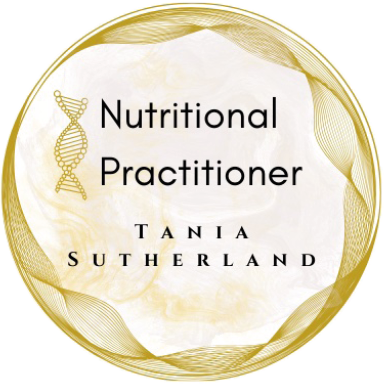Blog, weight loss, wellness
Emotional rollercoaster & Hormonal imbalance connection
The Emotional Rollercoaster: How Your Feelings Can Throw Your Hormones Off Track
We often think of hormones as the puppet masters, controlling our moods and bodies. But what if our emotions were pulling the strings? The connection between our emotional state and hormonal health is a powerful, often overlooked, two-way street. Let’s dive into how your feelings can trigger hormonal imbalances, leading to a cascade of unwelcome effects.
1. Stress: The Cortisol Culprit
The Trigger: Stress, whether from work deadlines, relationship issues, or even just daily anxieties, activates the body’s “fight-or-flight” response.
The Hormone: This response releases cortisol, the stress hormone. While short bursts of cortisol are necessary, chronic stress leads to consistently elevated levels.
The Impact:
Hormonal Imbalances: High cortisol can disrupt the balance of other hormones, including estrogen, progesterone, and testosterone. This can lead to irregular periods, decreased libido, and fertility issues.
Mood Disorders: Cortisol can interfere with serotonin and dopamine, neurotransmitters that regulate mood, contributing to anxiety and depression.
Cravings: Cortisol increases cravings for sugary and fatty foods, providing a quick energy boost but leading to weight gain.
Weight Gain: Elevated cortisol promotes abdominal fat storage, contributing to weight gain and insulin resistance.
2. Emotional Eating: A Vicious Cycle
The Trigger: Using food to cope with negative emotions like sadness, boredom, or anger.
The Hormone: Emotional eating often involves high-carbohydrate, sugary, and processed foods, which cause rapid spikes and crashes in blood sugar. These fluctuations trigger insulin release, a hormone that regulates blood sugar.
The Impact:
Hormonal Imbalances: Insulin resistance, caused by consistently high insulin levels, can disrupt the balance of other hormones, particularly in women with PCOS (polycystic ovary syndrome), perimenopause & menopause
Mood Disorders: Blood sugar crashes can lead to irritability, anxiety, and mood swings.
Cravings: The cycle of sugar highs and lows perpetuates cravings, making it difficult to break the pattern.
Weight Gain: Excess insulin promotes fat storage, leading to weight gain and difficulty losing weight.
3. Suppressed Emotions: The Silent Disruptors
The Trigger: Ignoring or suppressing emotions, rather than processing them healthily.
The Hormone: Suppressed emotions can lead to chronic stress, even if you’re not consciously aware of it. This can still trigger cortisol release.
The Impact:
Hormonal Imbalances: The chronic low level stress still causes hormonal disruption.
Mood Disorders: Unprocessed emotions can manifest as anxiety, depression, and other mood disorders.
Craving and weight gain: many times suppressed emotions manifests as a need for comfort, often in the form of food.
Hormonal imbalances: the body is in a constant state of alert, and this disrupts the natural flow of hormones.
4. Negative Thought Patterns: The Mind-Body Connection
The Trigger: Persistent negative thoughts, self-criticism, and worry.
The Hormone: These thought patterns can trigger the stress response, leading to cortisol release.
The Impact:
Hormonal Imbalances: The ongoing stress from negative thoughts can disrupt hormonal balance.
Mood Disorders: Negative thinking is a major contributor to anxiety and depression.
Cravings and Weight Gain: negative thought patterns can lead to emotional eating.
Breaking the Cycle: Strategies for Balance
Stress Management: Practice relaxation techniques like deep breathing, meditation, or yoga.
Healthy Coping Mechanisms: Find healthy ways to manage emotions, such as journaling, talking to a friend, or engaging in hobbies.
Balanced Diet: Focus on whole, unprocessed foods to stabilize blood sugar and support hormonal health.
Regular Exercise: Physical activity can reduce stress, improve mood, and support hormonal balance.
Tania Sutherland
holistic health practitioner
quantum diagnostic feedback practitioner

